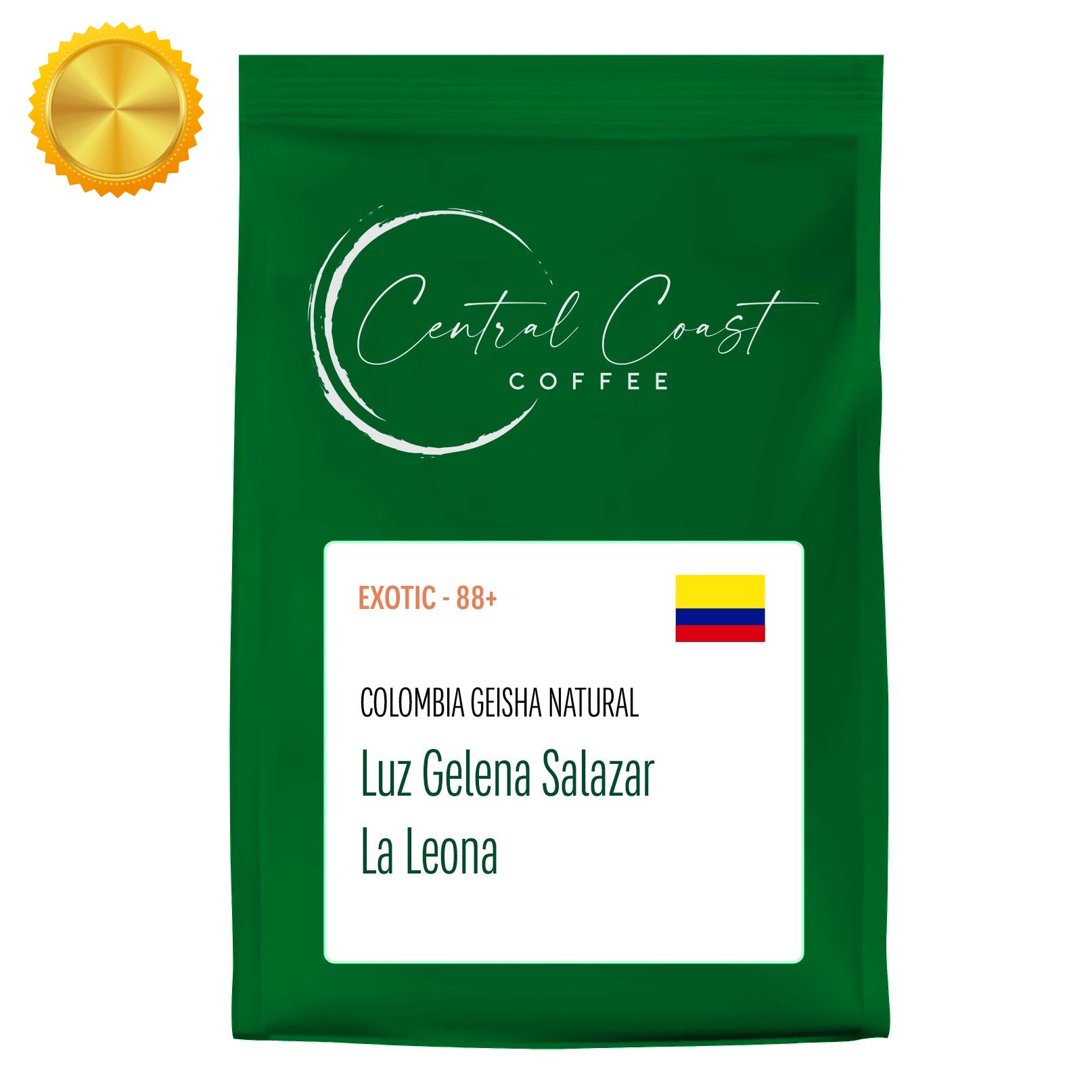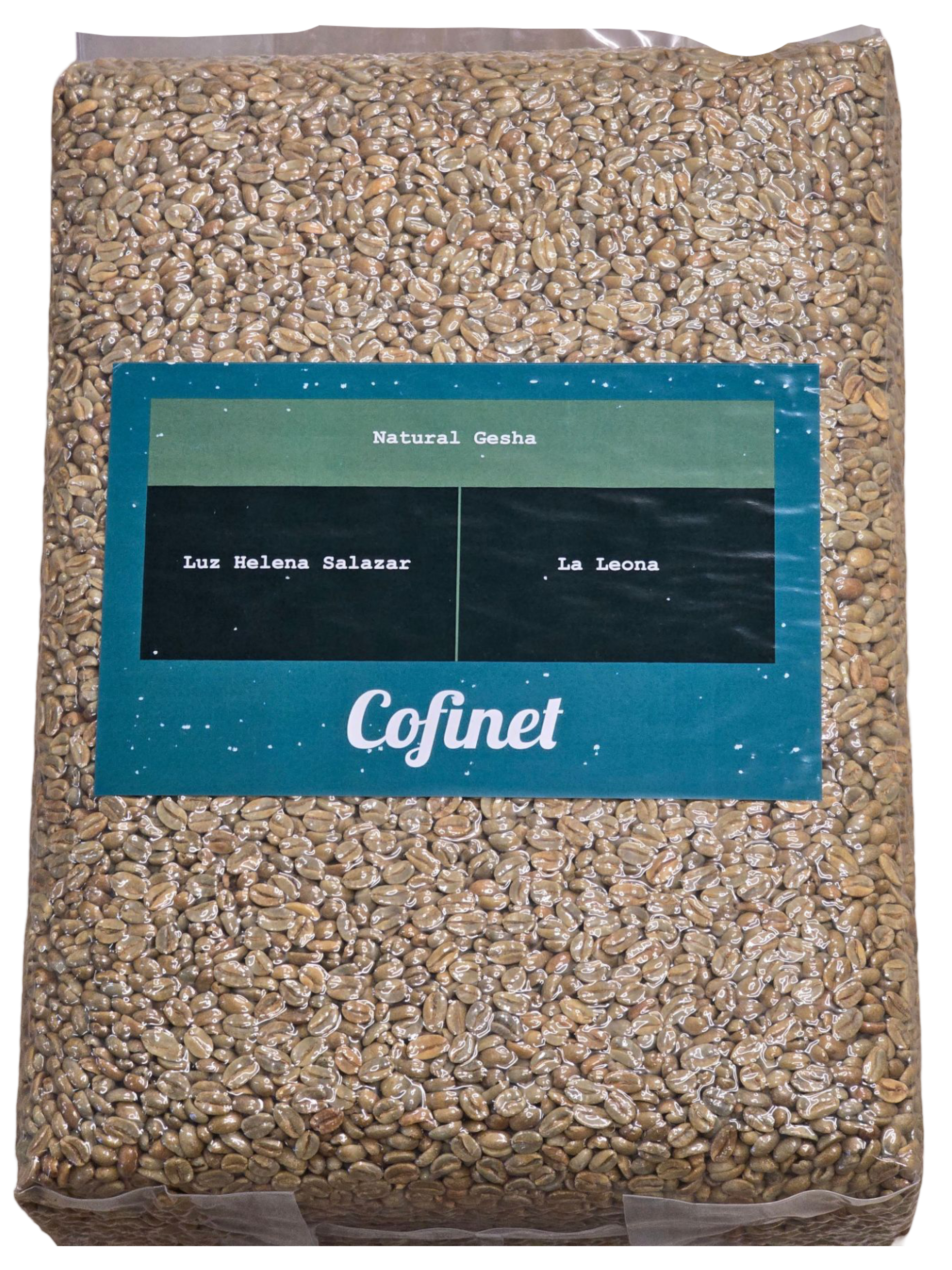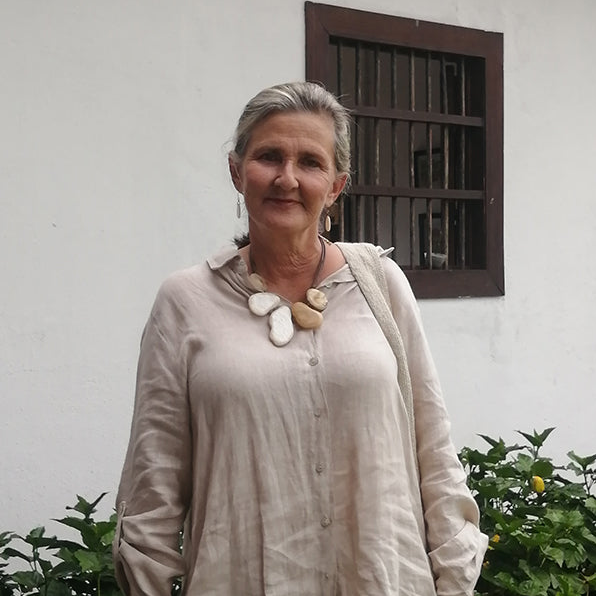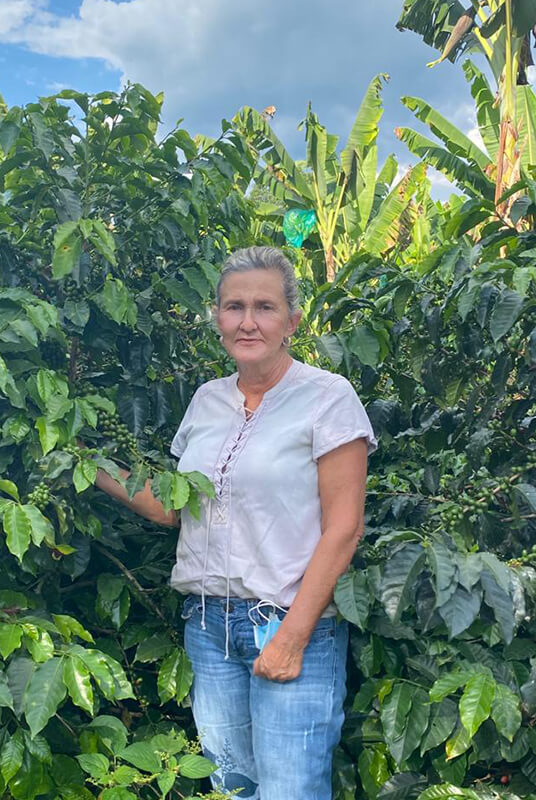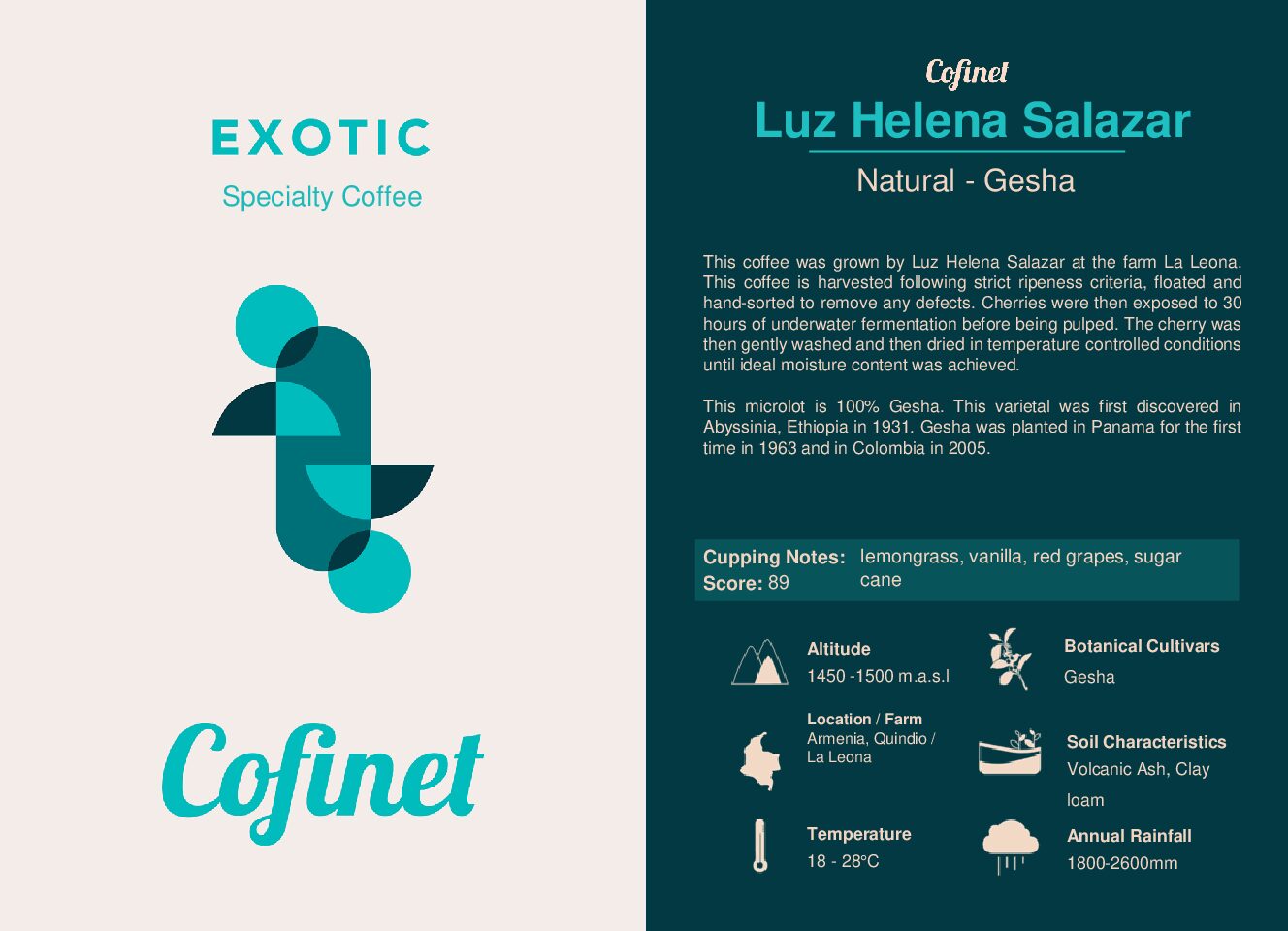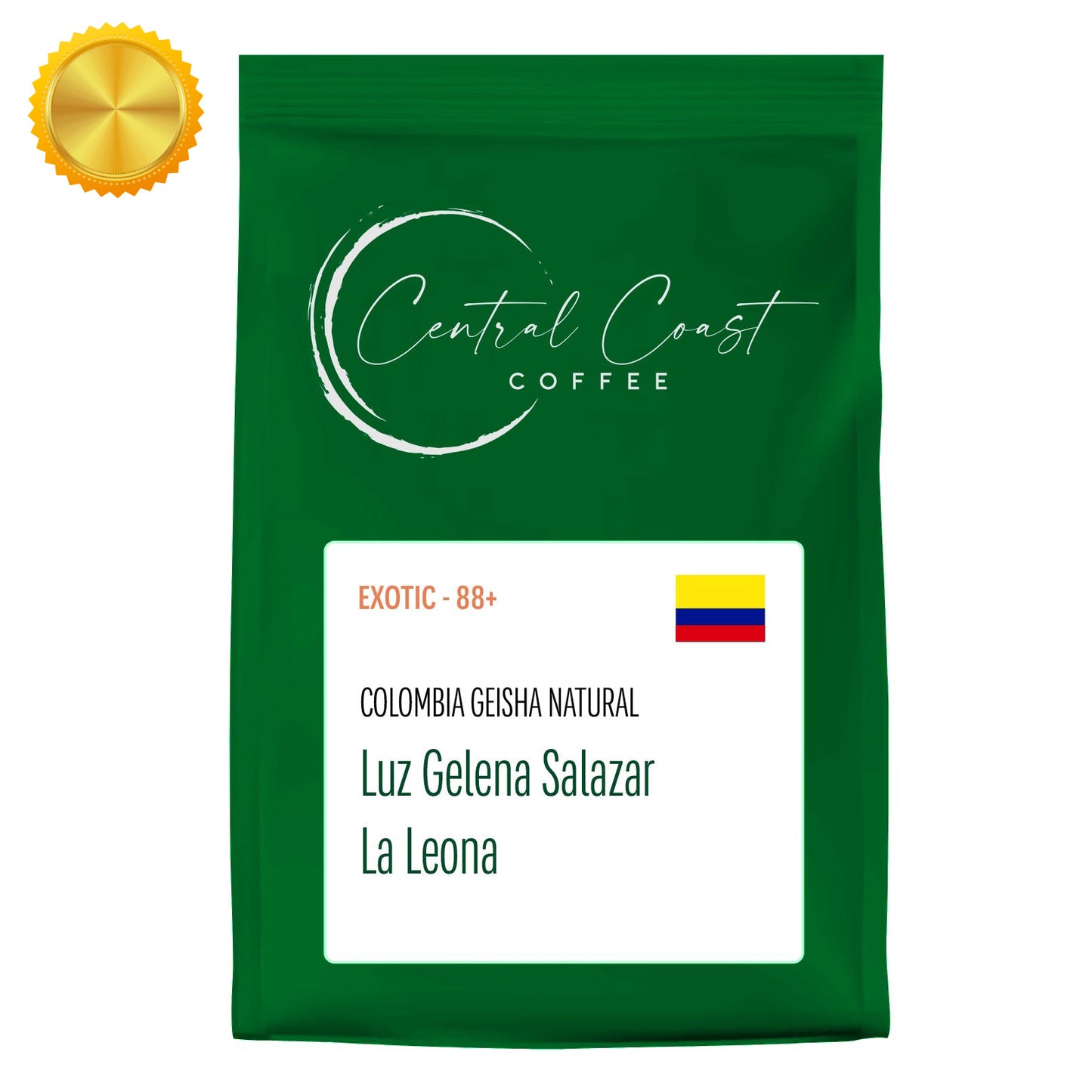
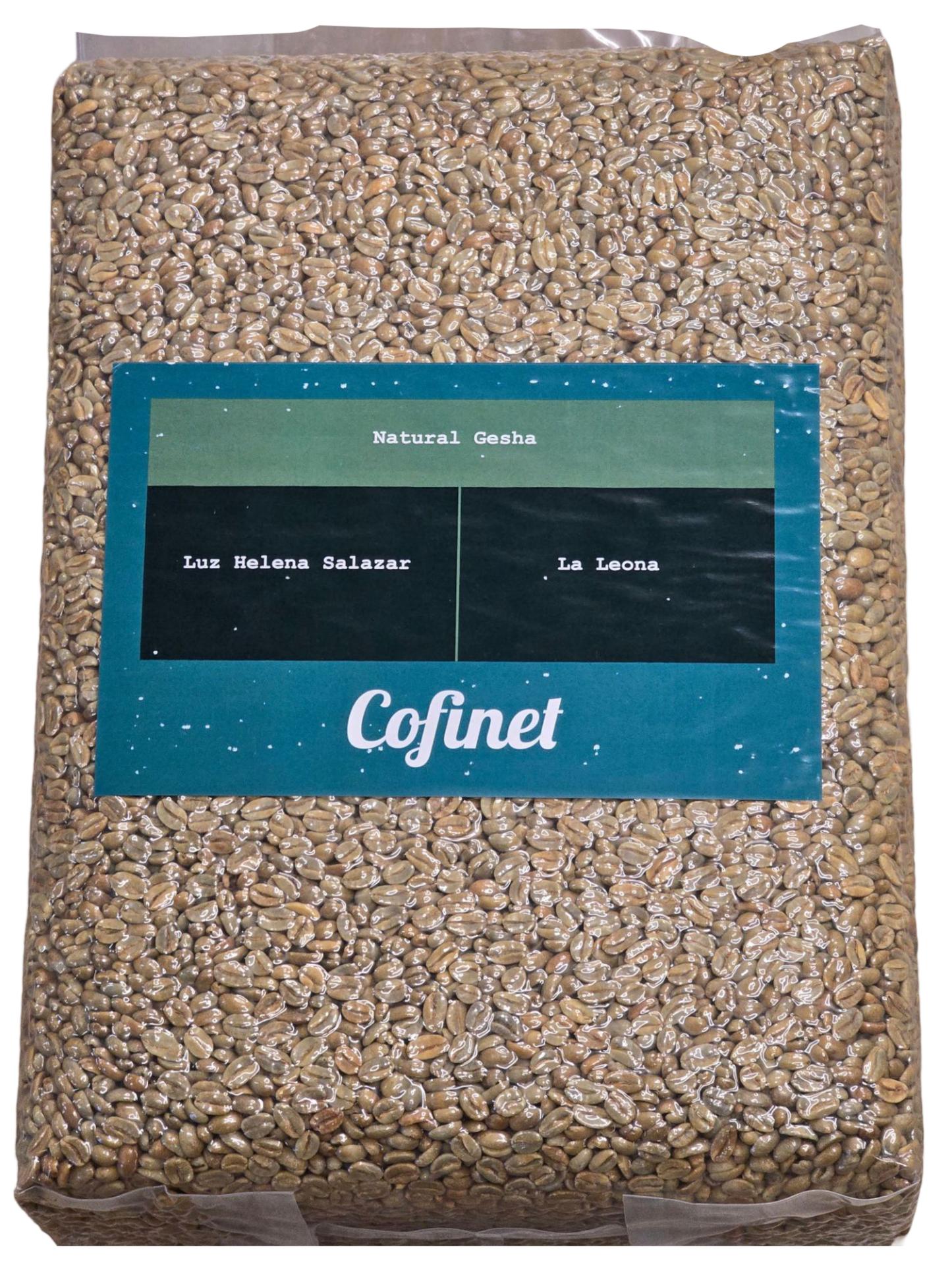
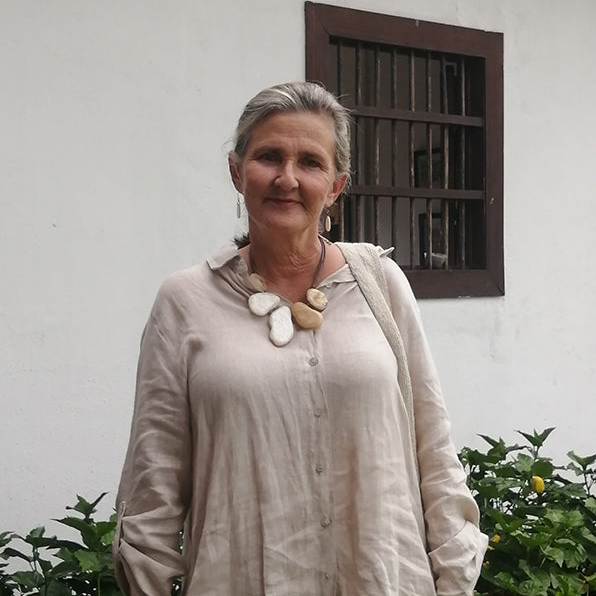
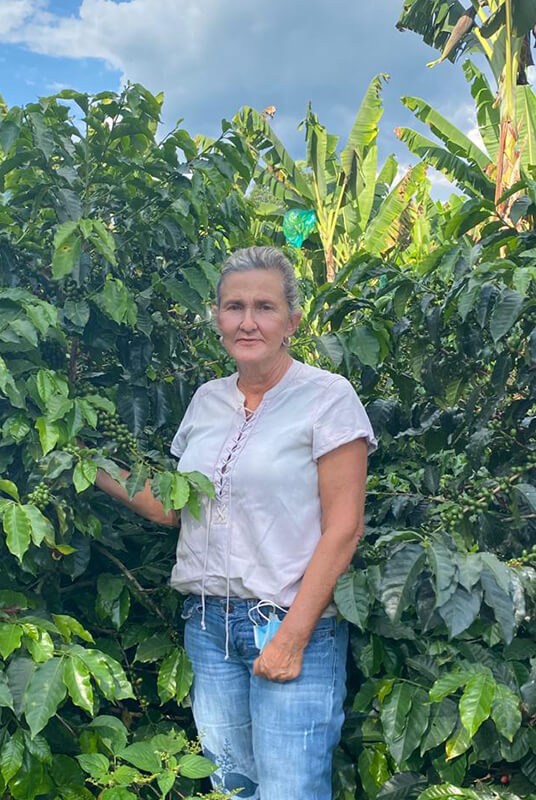
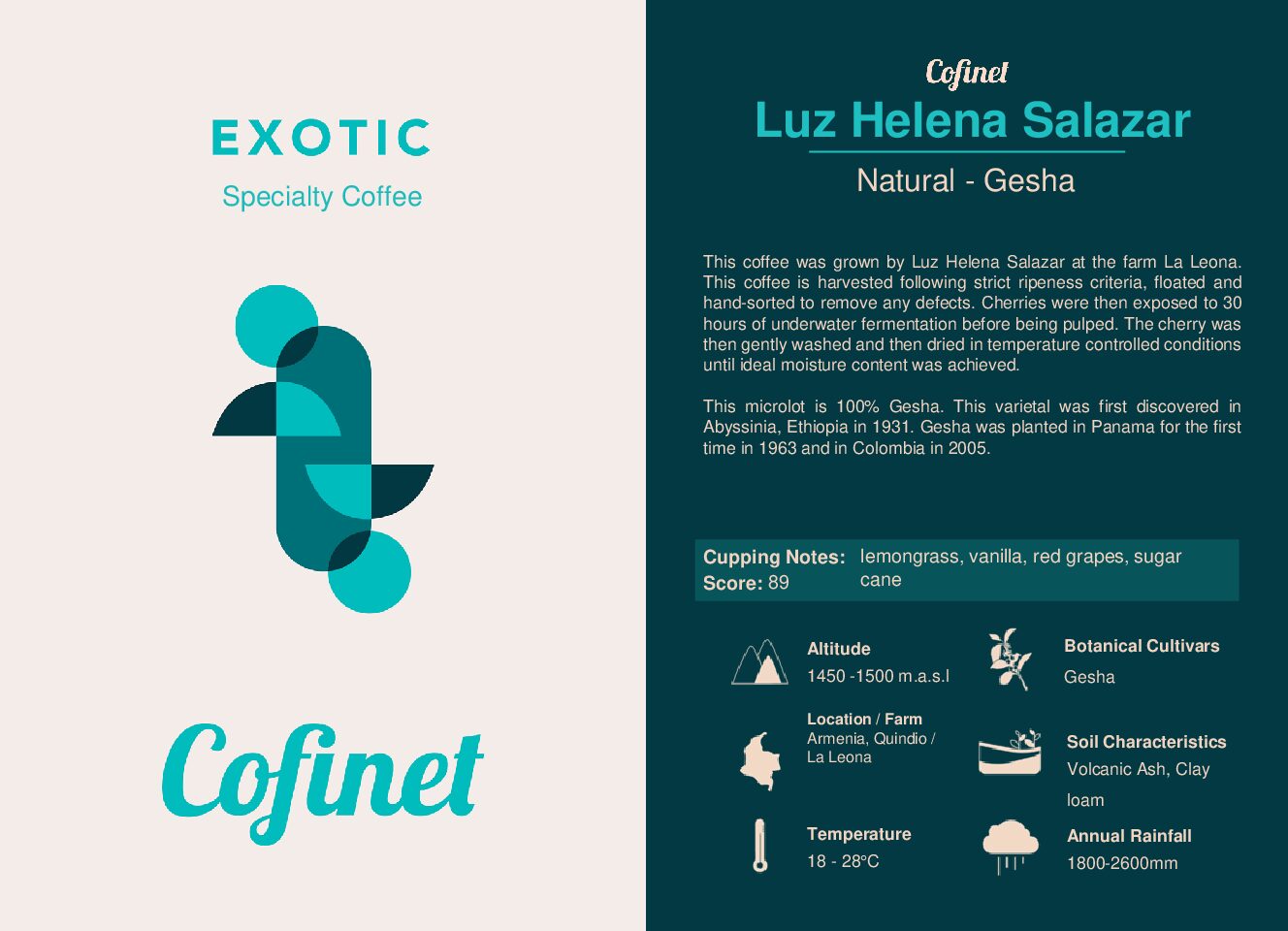
This coffee’s roasted in our filter style — meaning it’s designed to shine as black coffee rather than with milk. That doesn’t mean you have to brew it as a pour-over though. You can make it however you like — espresso, moka pot, AeroPress or anything in between. We simply roast it a little lighter to highlight the bean’s origin flavours giving you a cup that’s clean, vibrant and full of clarity.
Lighter roasting keeps more of the natural acidity and sweetness intact which makes for a beautifully expressive black coffee — and this one happens to play nicely with milk too. Expect a softer balanced cup where the sweetness carries through without turning sharp.
If you prefer your milk coffee with richer caramel, toffee or nutty flavours you might enjoy our espresso range more. Those roasts are taken a little darker to bring out deeper sweetness and balance beautifully with milk.
Origin and Sourcing
?
?
?
Other soils provide unique advantages, often blended for optimal results. Clay retains moisture well, supporting hydration in dry areas and earthy flavors when drained to avoid root issues. Loamy soils balance sand, silt, and clay for excellent fertility and drainage, fostering healthy roots and smooth, sweet cups—commonly paired with volcanic ash, as in "Soil Characteristics: Volcanic Ash, Clay Loam." Sandy soils drain quickly but need extra nutrients to prevent drought, producing lighter, crisp coffees.
Laterite, iron-rich tropical soils, require management for their nutrient gaps but yield bold, spicy profiles. By selecting or combining these—from mineral-packed volcanic types to versatile loamy blends—growers minimize erosion, boost plant vigor, and craft distinctive terroir-driven flavors.
?
Roast Details
?
?
?
?
?
?
?
Taste Profile
?
?
Colombia | La Leona | Geisha Natural | Signature Series - When is peak freshness?
Light Roast - Roasted on Roest L100 Ultra
Growing Temperatures: 18-28 degrees
This coffee was grown by Luz Helena Salazar at the farm La Leona. This coffee was carefully hand-picked in order to select only the ripest cherries and then hand-sorted to remove any defects. The coffee was sundried on raised beds in temperature-controlled conditions until the ideal moisture content is achieved.
About Luz Helena Salazar
Luz Helena grew up in Armenia and has been producing coffee for the last 20 years. She owns Maracay, an 8-hectare farm located at 1450 m.a.s.l, in Armenia Quindio. Luz is Carlos and Felipe’s mother, the co-founders of Cofinet and wife of Jairo Arcila.
Luz's passion for coffee was inspired by her husband's work as a dry mill manager on coffee farms. Luz would hear Jairo talking about coffee and wanted to be more involved in the industry. With the support of Jairo, Luz started learning how to care for coffee
plants and what steps she needed to take to produce high-quality, ripe cherries. Luz found dealing with insects very challenging initially and would draw on Jairo's knowledge to help with this.
For several years now, her focus has been on producing Specialty Coffee. With the support of Cofinet, Luz has been able to improve
farm practices and focus on producing the best cherries she can. Once ripe, the cherries are then processed by Cofinet at our
processing station, La Pradera.
When Luz is not tending to her coffee trees, she enjoys spending time with her friends and being part of local support groups for vulnerable people.
-
About Geisha Varietal
Geisha (also known as Gesha) is known for its exceptional cup quality, especially when grown at high altitudes. Geisha was first discovered in Abyssinia, Ethiopia in 1931. Geisha was planted in Panama for the first time in 1963 and in Colombia in 2005 - The name supposedly derives from Ethiopia’s Gori Gesha forest.
There is some confusion with several genetically distinct varieties that have all been called Geisha, but the most famous variety is the Panama one. The variety was brought to Lyamungu research station in Tanzania and from there to Centro Agronómico Tropical de Investigación y Enseñanza (CATIE) in Central America in 1953. At CATIE, the variety was logged as T2722. CATIE distributed T2722 across Panama in the 1960s for its Coffee Leaf Rust (CLR) resistance, but its brittle branches meant it was not widely planted.
Panama Geisha reached its modern fame in 2005 when a Geisha lot won the “Best of Panama” competition and broke contemporary records at over $20/pound. DNA analysis has demonstrated that the Panama Geisha descended from T2722 is distinct and uniform. Today, Geisha is known for its delicate florals, jasmine and stone fruit.
Coffee in Colombia
Colombia has been producing and exporting coffee renowned for their full body, bright acidity and rich aftertaste, since the early 19th century.
Colombia boasts a wide range of climates and geographic conditions that, in turn, produce their own unique flavors in coffee. This also means that harvest times can vary quite a bit. In fact, between all its different regions, Colombia produces fresh crop nearly all year round.
The increasing focus on the specialty industry is changing the way traders and farmers do business. It is becoming more common for farmers to isolate the highest quality beans in their lots to market separately. These higher-quality lots are often sold under specific brands or stories.
Besides its wide variety of cup profiles, Colombia has quickly expanded its certification options over the past 10 years. The most common certifications available are Fairtrade, Rainforest Alliance, UTZ and Organic.
SKU: colombia_la_leona_geisha_160g
Package Weight: 250g

